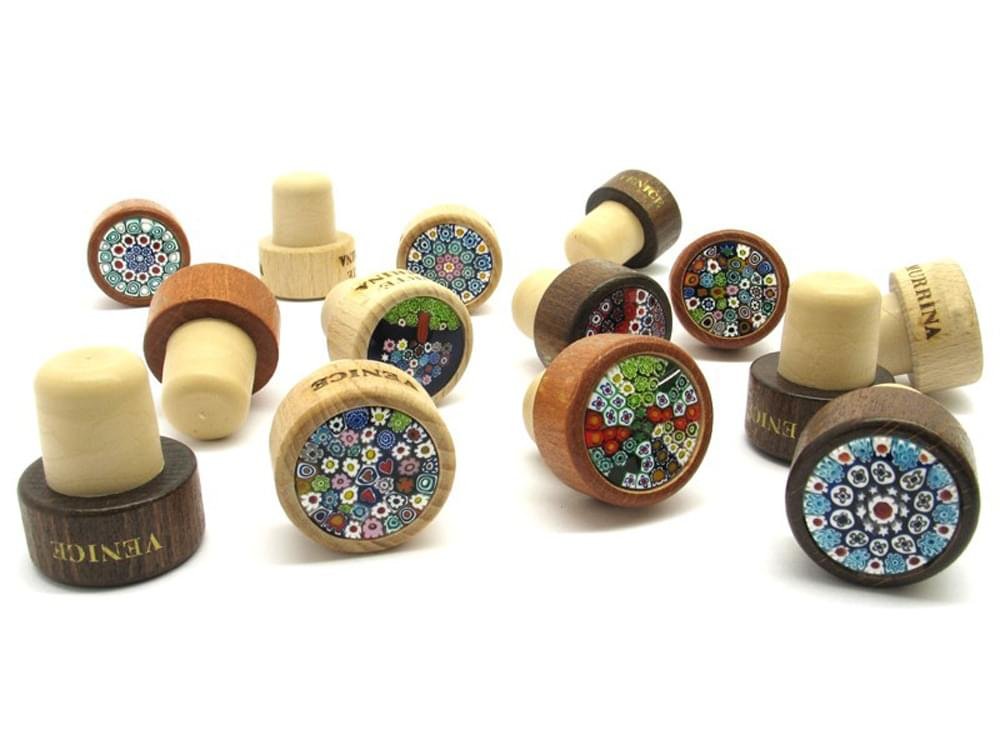
When people around the world hear the phrase Made in Italy, it evokes images of luxury, elegance, creativity, and quality. Whether it’s a finely tailored suit from Milan, hand-painted ceramics from the Amalfi Coast, a bottle of Barolo wine, or a sleek Ferrari, the Made in Italy label communicates a deeper value, one rooted in centuries of artistry, innovation, and cultural pride.
But what does Made in Italy really mean? Why has it become one of the most powerful marks of excellence globally? Let’s explore the rich story behind this iconic concept and the unique quality that defines Italian production.
Italy has long been a cradle of artistic and cultural achievement. From Roman architecture and Renaissance masterpieces to contemporary fashion and design, the Italian creative spirit is part of the national identity. This heritage translates directly into the products that are conceived, designed, and made in Italy today.
Artisanship lies at the heart of Italian production. Whether it’s in fashion, furniture, food, or automotive design, many products are still made using traditional methods handed down through generations. Small workshops continue to thrive alongside larger luxury brands, where meticulous attention to detail, hand-finishing, and material excellence are non-negotiable standards.
This is not about mass production. It is about the soul behind the object. Each item carries a story, a human touch, and a cultural fingerprint. This sets Italian products apart in a world increasingly dominated by uniformity and disposability.
Italy is a global powerhouse in luxury fashion. Brands like Gucci, Prada, Valentino, and Armani are more than names, they’re symbols of refined elegance. Italian leather goods, shoes, and accessories are renowned for their quality, style, and longevity. Cities like Milan and Florence are fashion capitals, where tradition and innovation walk hand in hand.
Italian cuisine is celebrated worldwide, and Made in Italy food products, whether it’s Parmigiano Reggiano, olive oil from Tuscany, or Barolo wine, are synonymous with authenticity and excellence. The strict control of ingredients, geographical indications (DOP, DOCG), and sustainable methods guarantee a standard unmatched by imitation.
Italian design is sleek, functional, and timeless. Companies like Kartell, Poltrona Frau, and Artemide have influenced modern interiors around the world. Italian furniture and lighting are crafted not just to furnish a space, but to create beauty, harmony, and atmosphere.
Ferrari, Maserati, Lamborghini, Ducati, these names are legendary. Italian engineering combines performance, design, and innovation with unmistakable flair. Even in fields like aerospace and robotics, Italy is respected for precision and creativity.
Due to its powerful reputation, the Made in Italy label has been widely imitated, sometimes falsely. In response, the Italian government and the European Union have taken steps to protect the authenticity of this designation.
For a product to be legally labeled Made in Italy, it must be entirely designed, manufactured, and packaged in Italy. There are strict criteria for certification, especially in sectors like food, fashion, and design, to prevent counterfeit goods or misleading branding (so-called Italian-sounding products like Parmesan cheese or Moda Milano bags made abroad).
This legal protection helps preserve the integrity of Italian industries and ensures that consumers receive the genuine quality they associate with the label.
Italian producers, large and small, take immense pride in what they create. They don’t see their work as just a job, but as a contribution to a cultural legacy. This passion shows in the materials they choose, the skills they apply, and the designs they develop.
Whether it’s a Murano glass vase, a tailored wool coat, or a hand-stitched leather bag, the idea is always the same: beauty must meet function, and both must serve a deeper aesthetic and emotional purpose.
Consumers today are increasingly drawn to slow, sustainable, and meaningful consumption. Made in Italy fits perfectly into this mindset. It’s not only a label; it’s a promise of authenticity, craftsmanship, durability, and style.
Italy exports billions of euros worth of goods annually under the Made in Italy label, with strong demand from the United States, China, Japan, and across Europe. Luxury consumers often seek out Italian goods not just for prestige, but for reliability, uniqueness, and emotional connection.
Tourists, too, often look for authentic Italian items to take home, whether it's ceramics from Vietri, linens from Positano, or local wines and delicacies from rural villages. The label offers reassurance that what they’re purchasing is genuinely Italian in spirit and substance.
As Italy embraces new technologies, sustainability goals, and digital innovation, the Made in Italy identity is evolving while staying true to its roots. Younger artisans are blending modern methods with ancient techniques. Fashion houses are going green. Craft producers are expanding into e-commerce while maintaining their slow production methods.
This unique balance between tradition and innovation is why Made in Italy continues to thrive, not just as a label, but as a global symbol of excellence.
Made in Italy is more than a marketing term. It’s a cultural institution, a promise of quality, and a reflection of centuries-old values: artistry, beauty, integrity, and passion. When you choose a product with this label, you're not just buying an item, you’re investing in a piece of Italy’s soul.
Whether in your wardrobe, your home, your kitchen, or your lifestyle, there is always room for a touch of Italy, authentic, beautiful, and made to last.

More Details